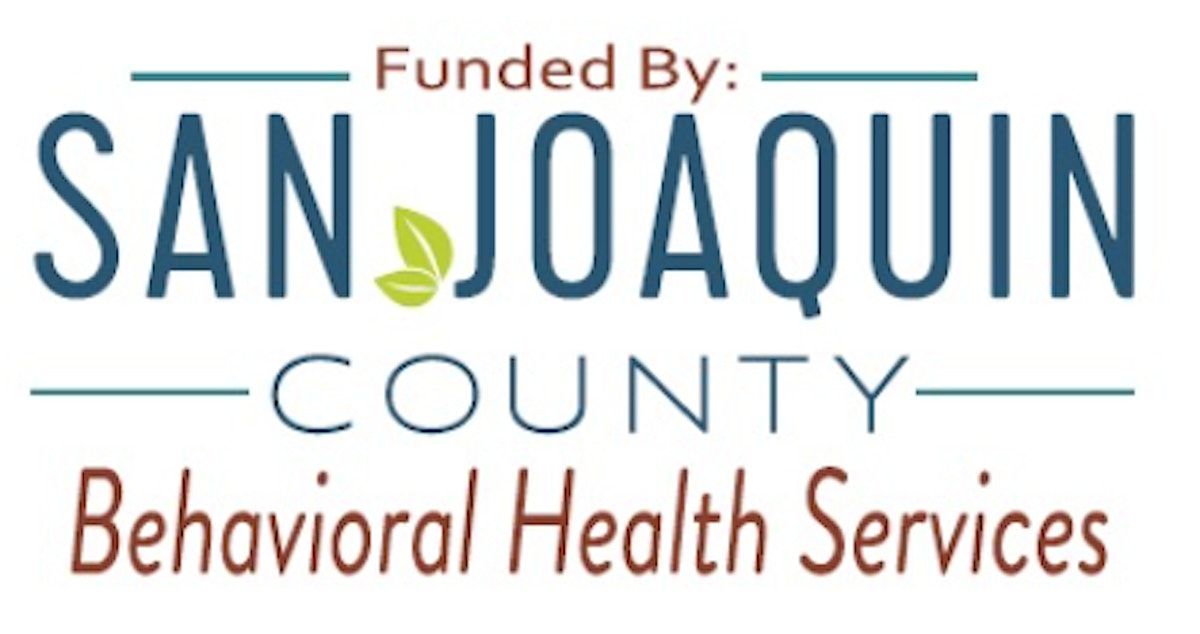
About this Event
The NAMI Provider Education Program is a 5-Session course that presents a penetrating, subjective view of family and consumer experiences with serious mental illness to line staff at public agencies who work directly with people experiencing severe and persistent mental illnesses.
The course helps providers realize the hardships that families and consumers face and appreciate the courage and persistence it takes to live with and recover from mental illness.
How is the Provider Education course unique?
The Provider Course emphasizes the involvement of consumers and family members as faculty in provider-staff training. The teaching team consists of a Team of five or three people:
- A mental health professional who is also a family member or consumer.
- One/Two family members trained as Family-to-Family Education Program teachers;
- One/Two consumers who are knowledgeable about their own mental illness, have a supportive relationship with their families, and are dedicated to the process of recovery.
The course reflects a new knowledge base -- the “lived experiences” of people coping with a mental illness or caring for someone who lives with a mental illness. Including this deeply personal perspective creates an appreciable difference in the program’s content. It adds a means of teaching the emotional aspects and practical consequences of these illnesses to the academic medical information in the course.
This course also provides a clinical picture of collaborative secondary intervention strategies (pragmatic, concrete, practical steps) which staff can use in practice. The primary knowledge base of the course is the lived experience of consumer and family members relating to critical clinical aspects of serious brain disorders; the purpose of the course is to help providers “see our lives” from the inside so that effective, equitable and compassionate partnerships can guide the treatment process.
- Class 1: Orientation Introductions—Key course principles, group exercise, personal and family experience (our trauma stories)
- Class 2: Clinical bases - Basic principles of secondary prevention/intervention in community psychiatry, clinical strategies for trauma response, secondary prevention stage models, group exercise to determine needs in critical periods
- Class 3: Responding effectively to consumers and families in stage II Cascade of secondary trauma, symptoms as stressors group exercise, stages of adherence to Medic*tion, co-occurring brain and addictive disorders, trauma of incarceration and attempted suicide
- Class 4: Inside mental illness - Gaining empathy, defensive coping strategies, reiterating our appeal for trauma informed care, up from obscurity
- Class 5: Working toward recovery Suggested confidentiality guidelines, case study, how to frame collaborative work, recovery as conscious choice and action, evaluation/certification.
Dates: 2025: January 6, 8, 10, 13, 15(Mon, Wed, Fri, Mon, Wed - 5 class sessions in all).
Time: 9:30am - 12:00 pm (each class session)
Where: In-Person @ San Joaquin County Behavioral Services Campus, Stockton, CA
No Cost to Attend: All class materials are provided.

Event Venue & Nearby Stays
San Joaquin County Behaviorial Health Services: Conference Room, 1212 N California Street, Stockton, United States
USD 0.00








